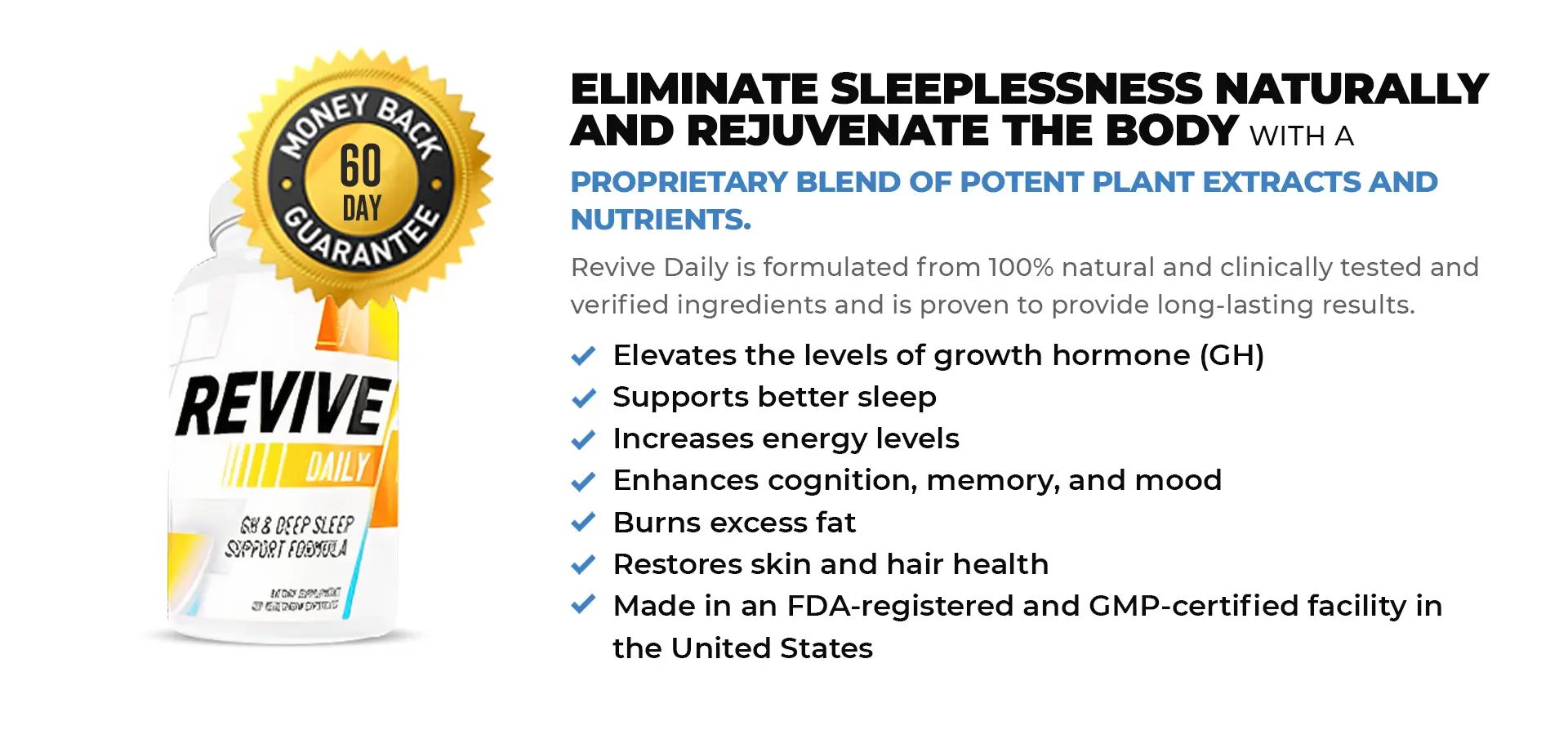Eat A Variety Of Veggies
The new food guidelines issued by the United States government recommend that all Americans eat between five and nine servings of fruits and vegetables each and every day. When you first hear that number, it may seem like a lot, but it is actually much easier than you think to fit that many servings of fruits and vegetables into your daily diet. For one thing, the shelves of grocery stores are fairly bursting with fresh fruits and vegetables. In addition, vegetables and fruits are some of the least expensive, most nutrient-rich, foods in the supermarket. With all these fruits and vegetables to choose from, it is very easy to make these nutritious, delicious foods part of your daily meals and snacks.
When you take into account how much a serving really is, it is actually quite easy to get five to nine servings of fruits and vegetables per day. For instance, the recommended daily amount actually equates to a quite reasonable two cups of fruit and two and a half cups of vegetables every day. When you consider how many fruits and vegetables are available, and how low the prices usually are, it is easy to see how easy to reach this daily goal really is.
One great way to get the nutrients you need from fruits and vegetables every day is to take full advantage of the variety of these foods available. Eating the same thing every day quickly becomes boring, so why not pick a variety of fruits and vegetables, in every color of the rainbow and in every conceivable shape, size, and texture, to give yourself a varied diet every day?
When shopping for fruits and vegetables, it is important to choose a variety of different colors. This is for more than purely artistic reasons. Different colored fruits and vegetables have different types of nutrients, and choosing a variety of colors will help ensure you get all the vitamins and minerals you need each and every day.
New Recipes
Finding new recipes is another great way to ensure you get those five to nine servings of fruits and vegetables every day. Everyone likes to try out new recipes, and these new recipes may just provide the impetus you need to eat all those fruits and veggies.
New recipes can also provide you with the important opportunity to try out some fruits and vegetables you have never tried before. For instance, everyone has eaten oranges, but have you tried kiwi fruit or mangoes? How about spinach or kale? Trying new things is a great way to find new favorites while getting the best nutrition available.
Many people mistakenly think that they do not need to eat five to nine servings of fruits and vegetables every day if they just take a vitamin supplement. Actually, nothing could be further from the truth. That is because fruits and vegetables contain far more than the micronutrients identified by science and synthesized in vitamin pills. While these micronutrients, such as vitamin C, vitamin A, and vitamin E are important to good health, so too are the hundreds of other elements that are contained in healthy foods like fruits and vegetables. These elements are not available in any pill, they must be ingested through a healthy, balanced diet that contains plenty of fruits and vegetables.
In addition, fruits and vegetables are much less costly than vitamin pills. Fruits and vegetables are very inexpensive, especially when purchased in season and grown locally. In the long run, getting the nutrition you need from the food you eat is much less expensive, and much better for you, than popping those vitamin pills every day.
So don’t forget to get your five to nine servings of fruits and vegetables every day. It may seem like a lot, but you can meet this quite reasonable goal simply by including fruits and vegetables as snacks, garnishes, side dishes, and as meals.
DISCLAIMER:
This information is not presented by a medical practitioner and is for educational and informational purposes only. The content is not intended to be a substitute for professional medical advice, diagnosis, or treatment. Always seek the advice of your physician or other qualified healthcare providers with any questions you may have regarding a medical condition. Never disregard professional medical advice or delay in seeking it because of something you have read.
Since natural and/or dietary supplements are not FDA-approved they must be accompanied by a two-part disclaimer on the product label: that the statement has not been evaluated by FDA and that the product is not intended to “diagnose, treat, cure or prevent any disease.”





